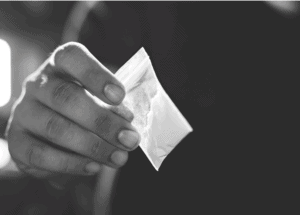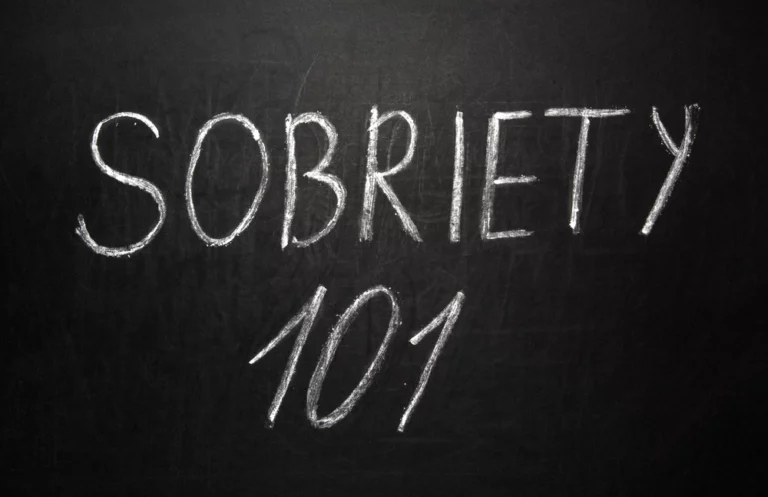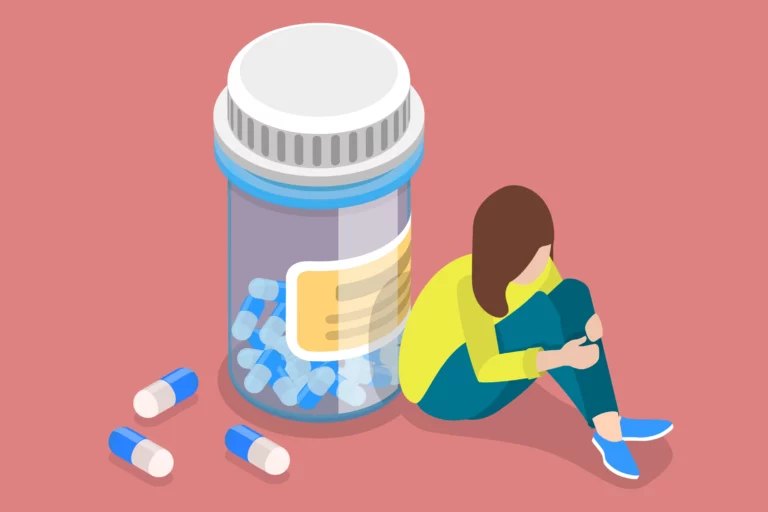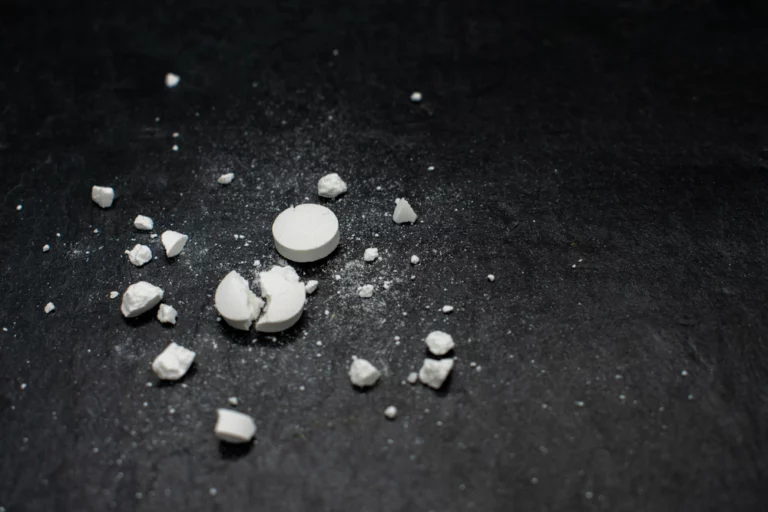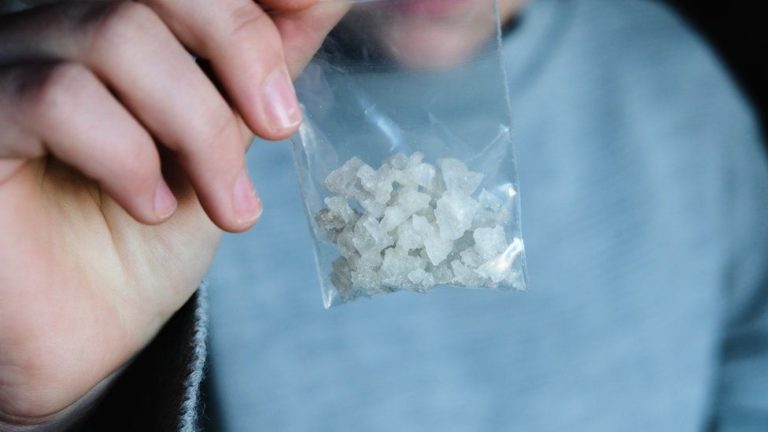Is Detox Necessary in Treating Cocaine Addiction?
Recovering from cocaine addiction is difficult but doable. One of the most important steps a person can take toward recovery is through detox. By detoxing, a person removes any and all harmful substances from their body, including cocaine. Once completed, they can begin to focus on the mental aspect of cocaine addiction.
How Does A Cocaine Addiction Affect a Person?
Cocaine, also referred to as “coke”, is a powerful and highly addictive stimulant. When consumed, it primarily affects an individual’s central nervous system. In doing so, cocaine travels to the brain where it causes neurotransmitters to release sizable quantities of the chemical, dopamine. Although this chemical is usually released naturally in the brain, cocaine use forces unnatural releases, which is how the “high” from cocaine occurs. While this high often feels powerful, it is typically short-lived.
According to the National Institute on Drug Abuse, long-term cocaine use can be responsible for a number of adverse effects on the human body. These long term effects often include:
- Loss of smell
- Nosebleeds
- Asthma
- Respiratory distress
- Increased chances of infections (like pneumonia)
- Bowel decay (from reduced blood flow)
- Malnourishment
- Movement disorders (like Parkinson’s disease)
- Restlessness
- Paranoia
- Hallucinations
Symptoms of Cocaine Withdrawal
Unfortunately, long-term cocaine use can also have negative effects on the body when a person tries to become sober. This is because the body adapts to the constant presence of the drug in its system. In doing so, the body reacts negatively when it no longer receives what it is now dependent on.
When trying to become sober, the symptoms of cocaine withdrawal often appear. These symptoms typically include:
- Fatigue
- Depression
- Increased appetite
- Nightmares
- Insomnia
- Slowed thinking
What is the Detox Process?
A detox is one of the first steps in treating cocaine addiction. Although the body detoxes itself naturally, the process can be uncomfortable, painful, and potentially unsafe. The danger of detoxing comes from cocaine withdrawal symptoms. As the body removes any presence of the drug, withdrawal symptoms will appear. In order to make this process easier and lessen the chances of a relapse, detoxing can and should be done with the help of addiction specialists at a treatment or rehabilitation facility.
What Makes Detox Necessary for Treating Cocaine Addiction?
Treating a cocaine addiction properly requires a detox. The process eliminates all traces of cocaine from the body. In doing so, a person with a cocaine addiction can slowly but surely overcome the symptoms of cocaine withdrawal. While detox is necessary for recovery, it is only the first step on a much longer journey.
By overcoming the physical cravings for cocaine use, a person with a cocaine addiction can then focus on the mental aspect of their addiction. This often entails using therapy and self-reflection to identify why one uses cocaine and what may trigger a desire for cocaine use in the future. Without a detox, neither the physical nor mental aspect of addiction can be properly addressed, meaning that the person is still living with an addiction.
Looking for Treatment for Cocaine Addiction?
Overcoming a cocaine addiction requires constant effort and determination. However, it is possible. To do so, a person must start with a detox. By detoxing their body, a person moves beyond the physical dependence on cocaine. Once the physical cravings subside, one can begin to address the mental aspect of addiction, identifying what may trigger a desire for cocaine use and learning how to cope.
For more information on detox services for cocaine addiction, contact us at Oasis Recovery today! Our team of addiction specialists can answer questions and address any concerns you may have. They can help find a treatment program that is right for you!



